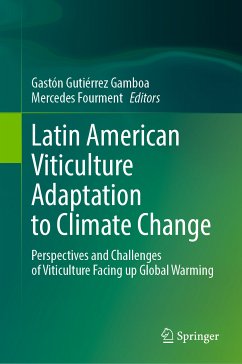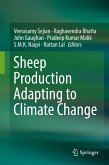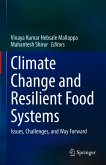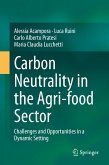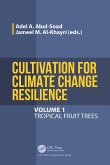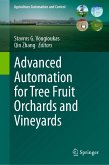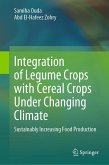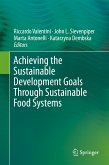Latin American viticulture faces a wide range of difficulties that include social, political, economic, and productive aspects. Soil diversity, together with the climates in which the viticulture activity takes place, favours the production of grapes, juices, raisins, musts, wines, and distillates with unique and distinctive characters for the world. In addition, the great genetic diversity that covers autochthonous and minor grapevine varieties, including unknown genotypes, opens a wide range of research opportunities for the adaptation of the viticulture to the negative effects of global warming, favouring sustainability and social equity.
This book compiles the research about the new viticultural trends performed in diverse regions from Latin America such as Argentina, Brazil, Bolivia, Chile, Dominican Republic, Haiti and Uruguay, covering different topics in viticulture of global importance. This book addresses the impacts of soil and climatic conditions and viticultural practices on vine physiology, berry quality and wine typicity, including topics related to social sciences and agricultural economics. This will allow to provide a relevant discussion for future guidelines in viticulture under a territorial development perspective.
Dieser Download kann aus rechtlichen Gründen nur mit Rechnungsadresse in A, B, BG, CY, CZ, D, DK, EW, E, FIN, F, GR, HR, H, IRL, I, LT, L, LR, M, NL, PL, P, R, S, SLO, SK ausgeliefert werden.

